Sarcoma
E434: Impact of Fragmented Care in Retroperitoneal Sarcomas
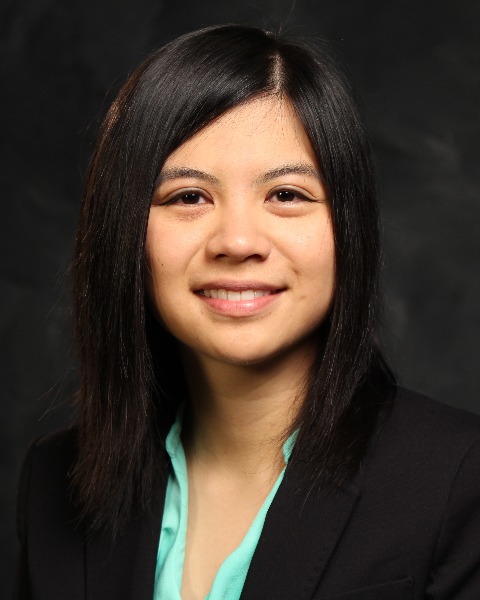
Denise L. Wong, MD
CGSO Fellow
Fox Chase Cancer Center/Temple University, United States
Denise L. Wong, MD
CGSO Fellow
Fox Chase Cancer Center/Temple University, United States
Denise L. Wong, MD
CGSO Fellow
Fox Chase Cancer Center/Temple University, United States- JF
Jordan Fredette, MPH
RESEARCH BIOSTATISTICIAN
Fox Chase Cancer Center, United States - JH
Jill Hasler, PhD
Assistant Research Professor
Fox Chase Cancer Center, United States - AP
Andrea S. Porpiglia, MD, Mac
Surgical Oncologist
Department of Surgical Oncology, Fox Chase Cancer Center, United States 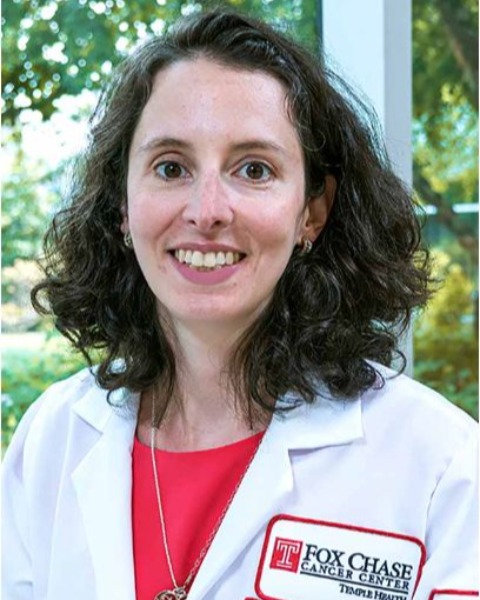
Stephanie H. Greco, MD
Assistant Professor
Fox Chase Cancer Center, Pennsylvania, United States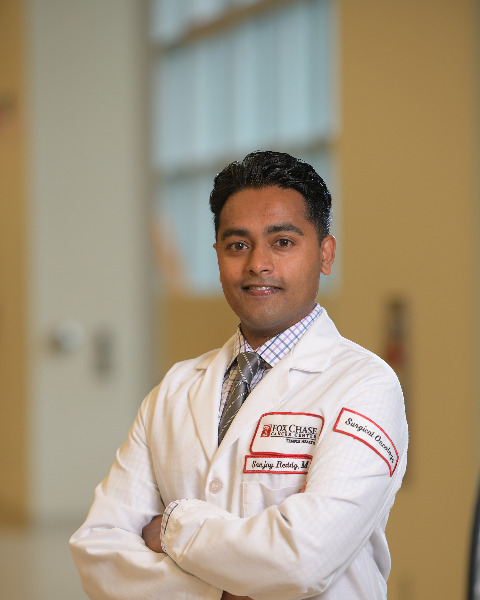
Sanjay S. Reddy, MD
Associate Professor
Fox Chase Cancer Center
Philadelphia, PA, United States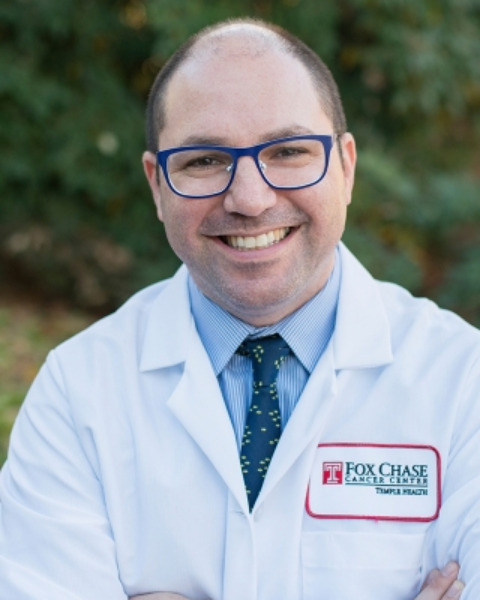
Jeffrey M. Farma, MD
Professor
Fox Chase Cancer Center
Philadelphia, Pennsylvania, United States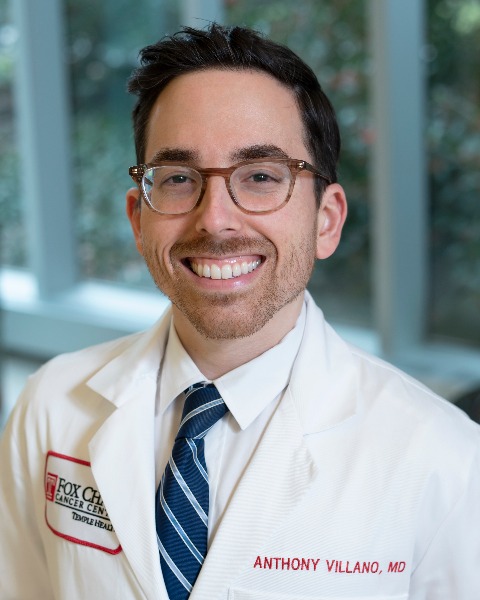
Anthony M. Villano, MD (he/him/his)
Assistant Professor
Fox Chase Cancer Center
Philadelphia, Pennsylvania, United States
ePoster Abstract Author(s)
Submitter(s)
Author(s)
Fragmented care (FC) is a complex phenomenon in cancer care associated with both favorable and unfavorable oncologic outcomes based on cancer type. The current analysis aimed to understand the impact of FC on treatment patterns and oncologic outcomes for retroperitoneal sarcomas (RPS), as well as ascertain variables associated with FC.
Methods:
The National Cancer Database (NCDB, 2004-2020) was queried for patients with non-metastatic RPS who underwent curative intent surgical resection. FC was defined as diagnosis or treatment at >1 facility. Chi-square, t-tests, and multiple logistic regression were performed to identify factors associated with FC. The impact of FC on overall survival (OS) was examined by univariable (Kaplan-Meier) and multivariable (Cox proportional hazards) analysis.
Results:
A total of 4993 patients were included in the analysis. FC occurred in 45.6% (n=2275) of patients. Demographics including age, ethnicity, income level, and comorbidity status were similar amongst non-FC and FC cohorts. Histologically, dedifferentiated liposarcoma was more common in the FC cohort (35.6% vs. 28.8%), as was poorly differentiated (29.7% vs. 25.6%) or undifferentiated (16.2% vs. 10.8%) tumors (all p< 0.05). FC was associated with more frequent treatment at academic hospitals (72.0% FC vs. 54.3% non-FC, p< 0.001), imposed a greater travel burden (median distance 36 miles FC vs. 13 miles non-FC, p< 0.001), and resulted in longer time to first treatment (mean 42.7 days FC vs. 16.2 days non-FC, p< 0.001). Multimodal therapy in addition to surgery was more frequent with FC (42.3% vs. 23.5%, p< 0.001), as was multivisceral resection (50.7% FC vs. 42.3% non-FC, p< 0.001). Variables found to be independently associated with FC in the logistic model included urban setting (vs metro, OR =0.669, p< 0.001), rural setting (vs metro, OR=0.539, p = 0.012), higher grade (moderately vs well differentiated, OR=0.717, p=0.004; poorly vs well differentiated, OR=0.619, p< 0.001). On univariable analysis, FC was associated with worse median OS in months (87.6 FC vs. 104.1 non-FC, p=0.003); however, this was not significant on multivariable analysis (HR 1.064, CI 0.971-1.167, p=0.181).
Conclusions:
FC is associated with increased travel burden and longer time to treatment while not significantly impacting survival. Given that FC is quite common but without clear oncologic benefit, emphasis must be placed on efforts to create equitable and convenient access to high-quality sarcoma care in all treatment settings.
Learning Objectives:
- Identify risk factors for fragmented care in patients receiving treatment for retroperitoneal sarcoma.
- Understand the impact of fragmented care on survival for retroperitoneal sarcoma patients.
- Describe treatment patterns associated with receipt of fragmented care for retroperitoneal sarcoma patients.
